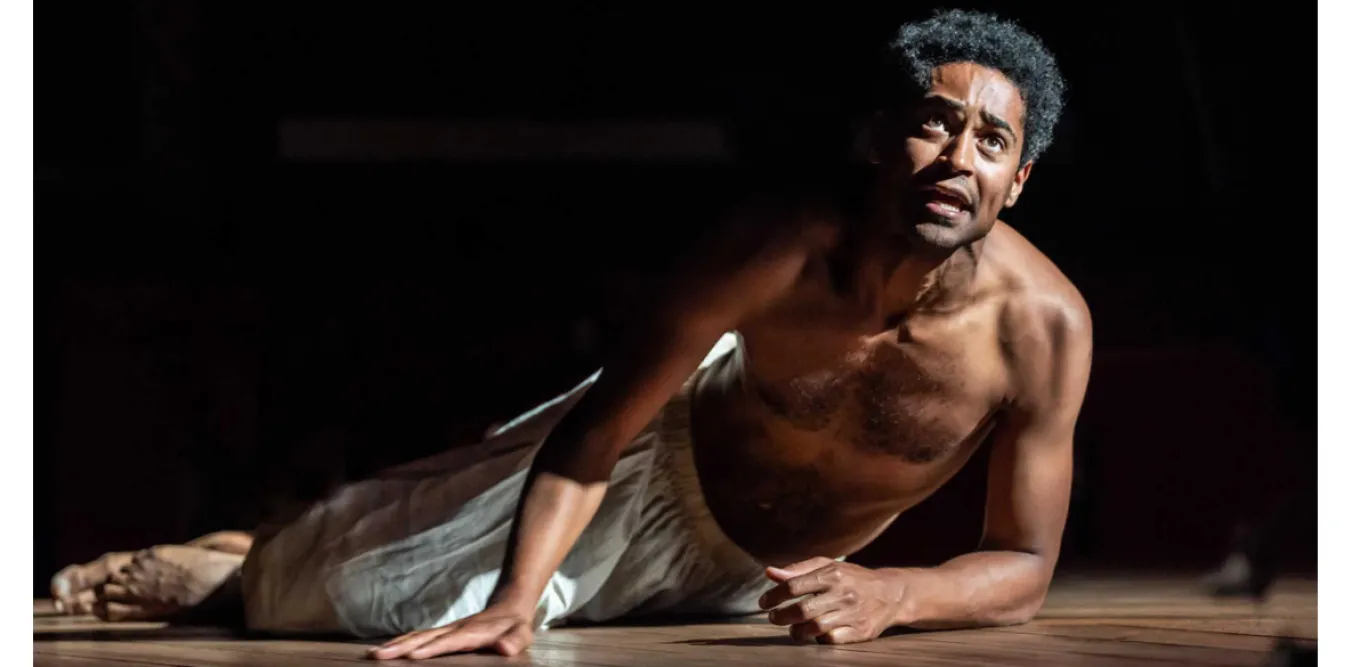ANDY HEDGECOCK relishes two exhibitions that blur the boundaries between art and community engagement
Partial success of chop and change
Transmorphed into a romp in the Caribbean, the play effortlessly wins over the audience, writes GORDON PARSONS

Love’s Labour’s Lost
The Royal Shakespeare Theatre
Stratford-upon-Avon
“A PERFORMANCE of Love’s Labour’s Lost is a sort of entertainment to be valued rather for Shakespeare’s sake than for its own.” So suggested George Bernard Shaw — no great fan of the Bard. Director Emily Burns seems to have taken this advice to heart.
One mustn’t be too critical. At the expense of being accused of cultural heresy, I am inclined to believe that it is expecting too much of modern audiences, attuned to digital messaging languages, to engage with what is one of Shakespear’s most complex linguistic plays.
More from this author

MICHAL BONCZA recommends a compact volume that charts the art of propagating ideas across the 20th century

MICHAL BONCZA reviews Cairokee gig at the London Barbican

MICHAL BONCZA rounds up a series of images designed to inspire women
Similar stories

GORDON PARSONS hails a magnificent performance by a cast who make sure that every word can be heard and understood

GORDON PARSONS applauds a production which turns a Jacobean obscurity into a dreamlike journey

GORDON PARSONS relishes a Shakespearean comedy played at pace for sheer delight

GORDON PARSONS is glad to have his mind taken off the election by a perfectly pitched farce










